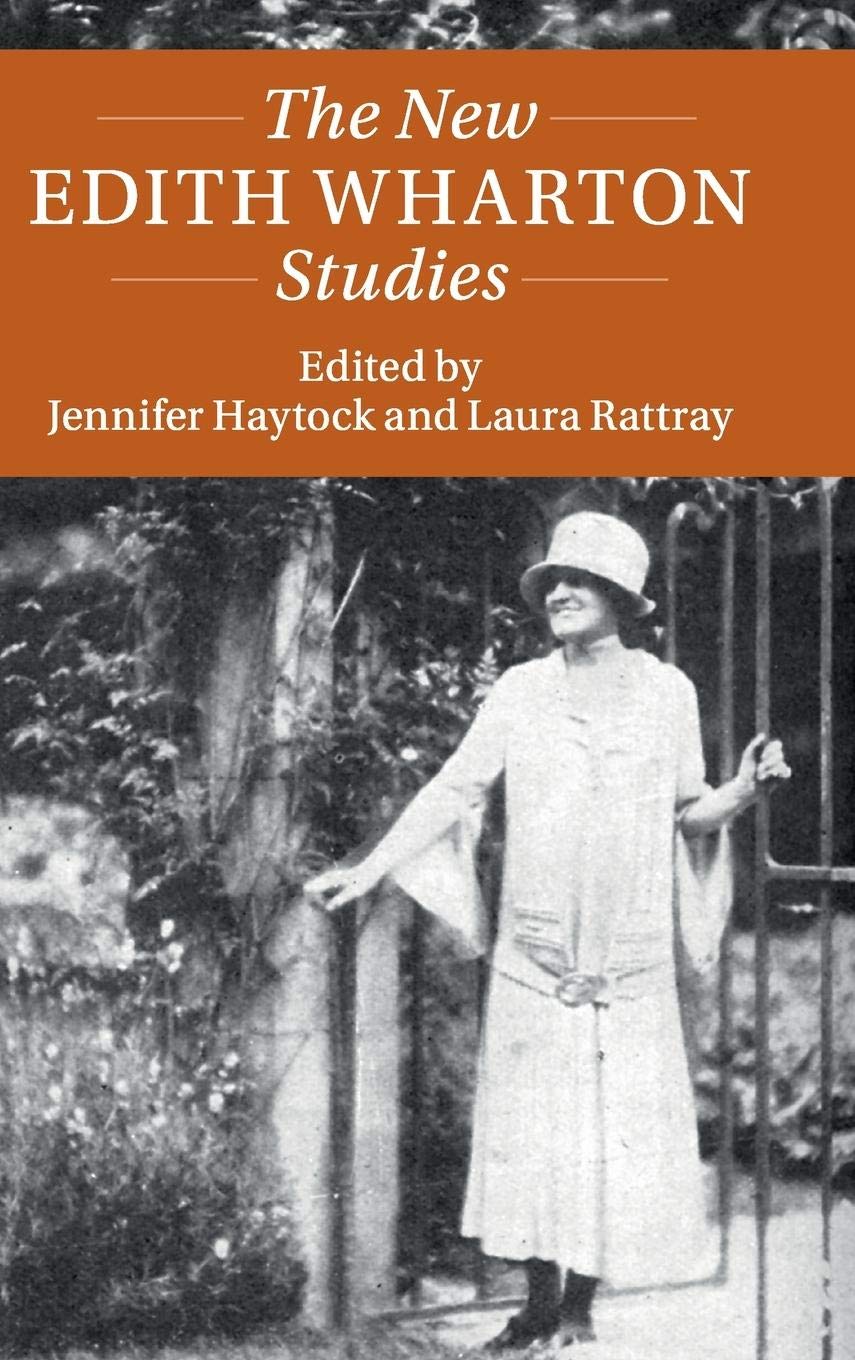- Contributor
- Editors
- Publisher
- Year
- ISBN
- Language
- Myrto Drizou
- Jennifer Haytock & Laura Rattray
- Cambridge University Press
- 2019
- 9781108422697
- English
Book Description
The New Edith Wharton Studies uncovers new evidence and presents new ideas that invite us to reconsider our understanding of one of America’s most highly acclaimed, versatile, and prolific writers. The volume addresses themes that have previously been missed or underdeveloped, and examines areas where previous scholarship does not take account of key, contemporary issues: Wharton and ecocriticism, Wharton and queer studies, Wharton and animal studies, Wharton and whiteness, and Wharton and contemporary psychology. Essays explore Wharton’s treatment of the poor in her emerging career, the ways in which French thinkers helped her envision community, the importance of Greece to Wharton, her transnationalism, the ongoing revelations of the author’s archives, and new perspectives on her agency in the literary marketplace. It addresses key themes and examines contemporary issues, while reassessing Edith Wharton’s life and career.
Chapter Description
Edith Wharton’s Odyssey by Myrto Drizou
This essay addresses the role of Greece in Edith Wharton’s representation of home as a topos of strong human and cultural bonds. While Wharton saw France as the epitome of this ideal, she found in Greece its most symbolic expression, one that she identified in The Odyssey and later developed into a narrative of cultural wandering and triumphant return. The essay examines Homeric-inspired tropes of wandering and return in The House of Mirth (1905) and The Children (1928), as well as non-fictional works, such as Wharton’s diary of the 1888 Vanadis cruise. Using archival resources, including Wharton’s undated poem “Penelope” and her impressions from the 1926 visit to Greece on the steam yacht Osprey, I argue that Wharton conceptualized Greece not only as the ancient cradle of Western civilization but also as a paradigm of cultural recovery and the antidote to modern forms of alienation and drift.

